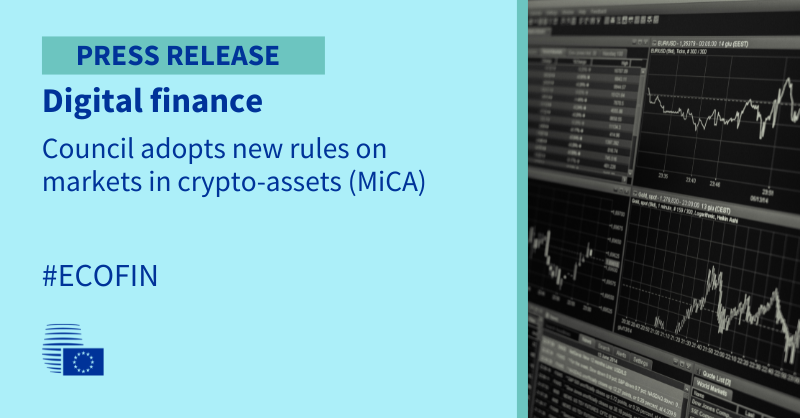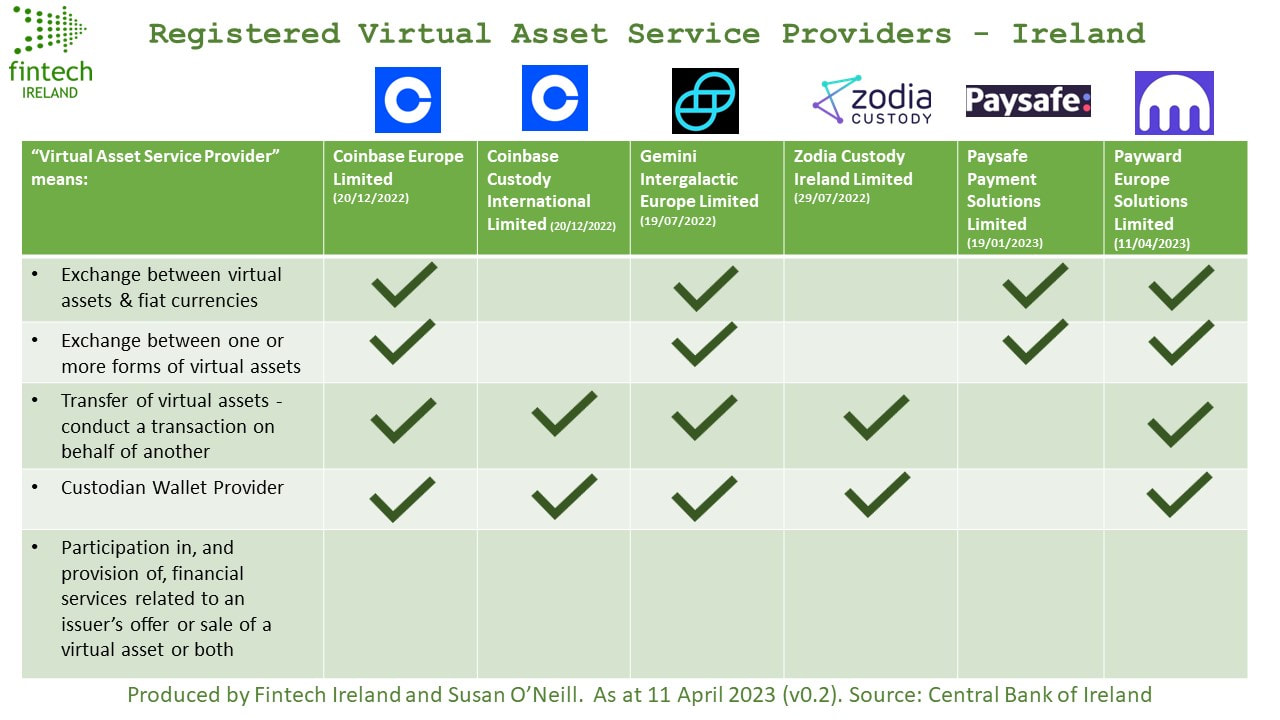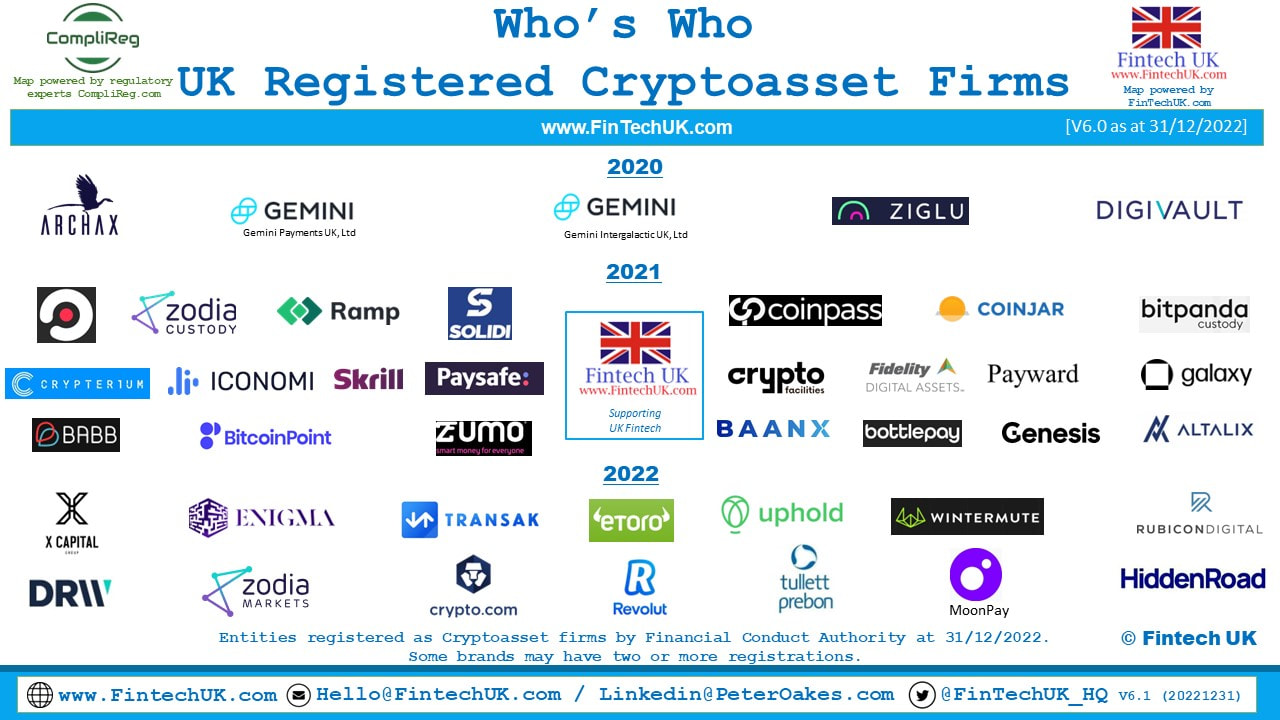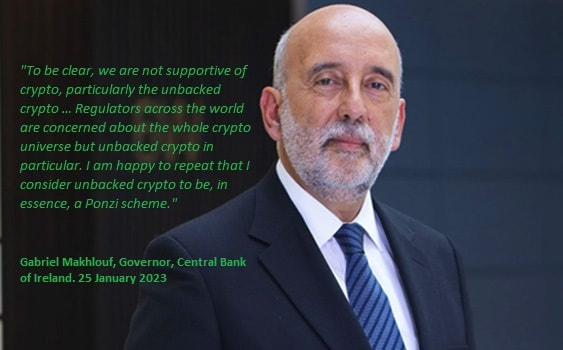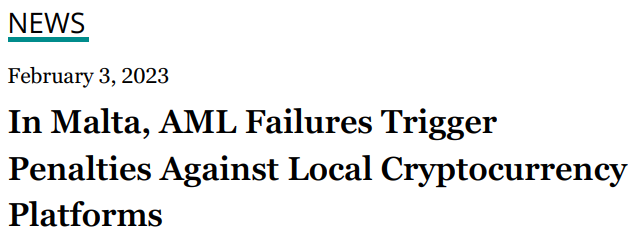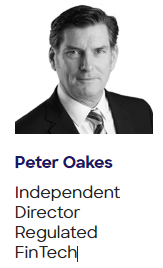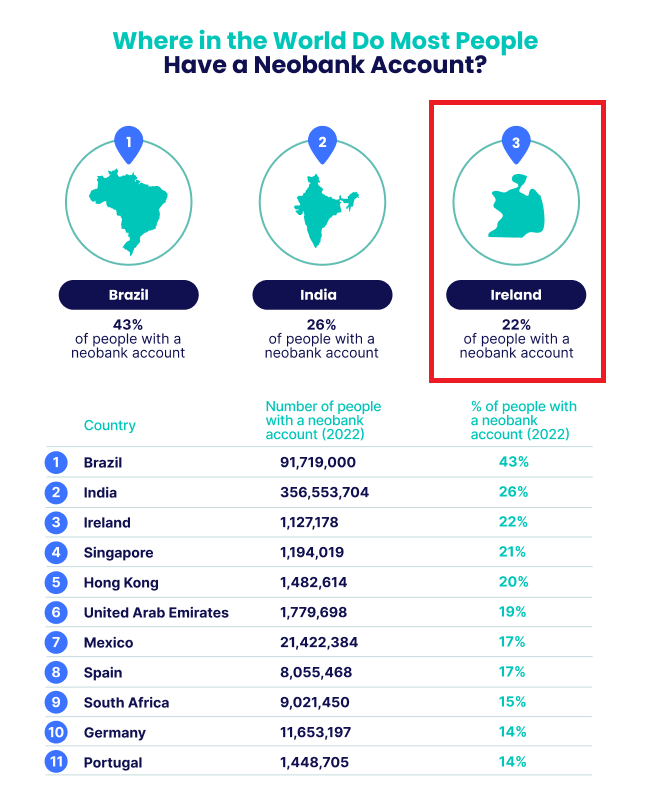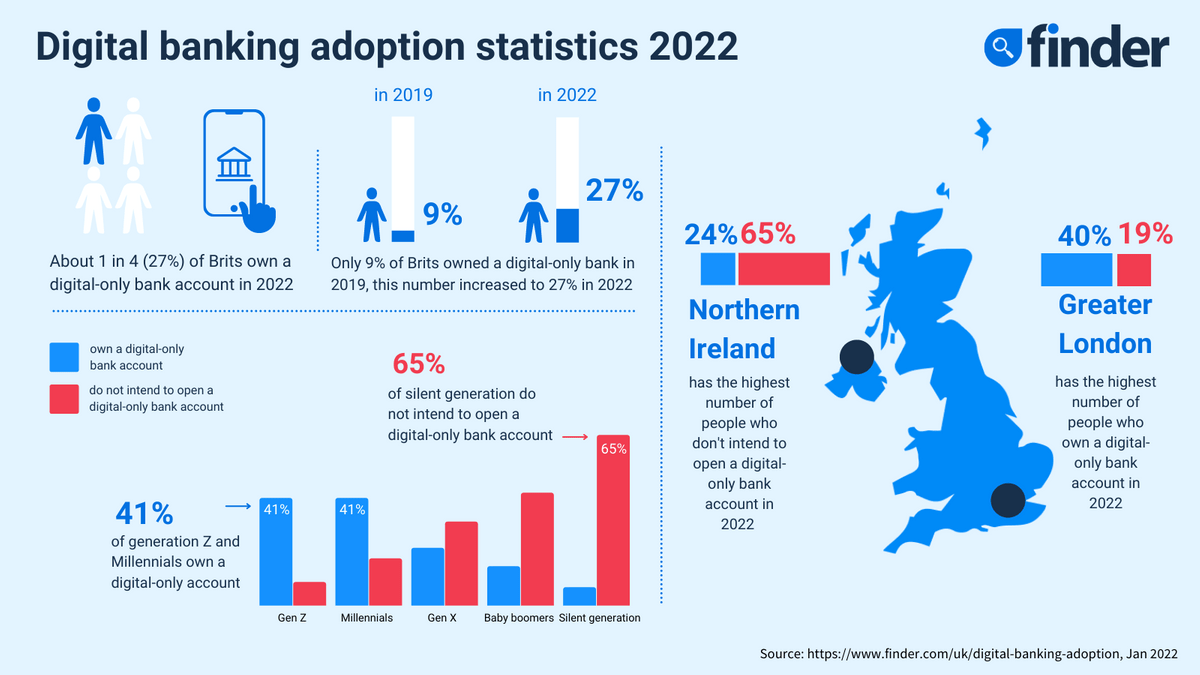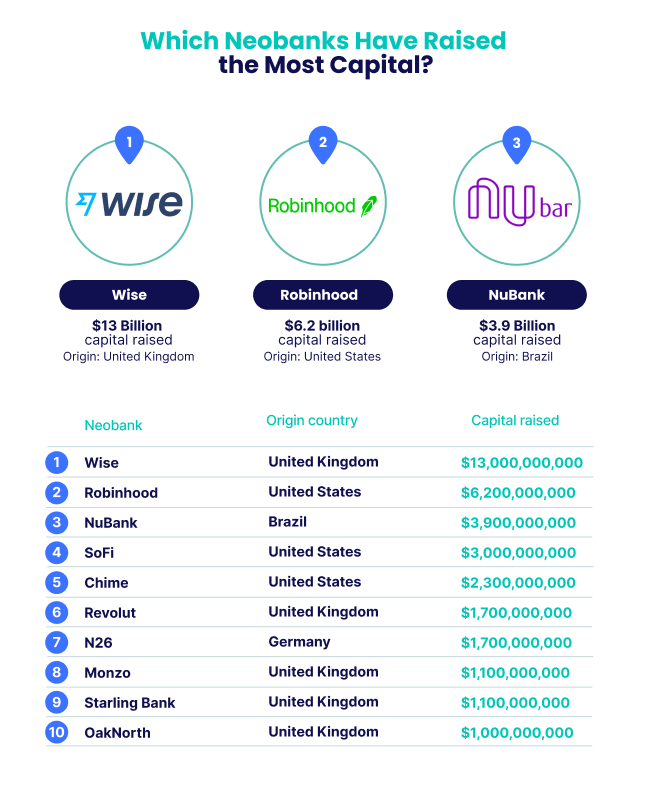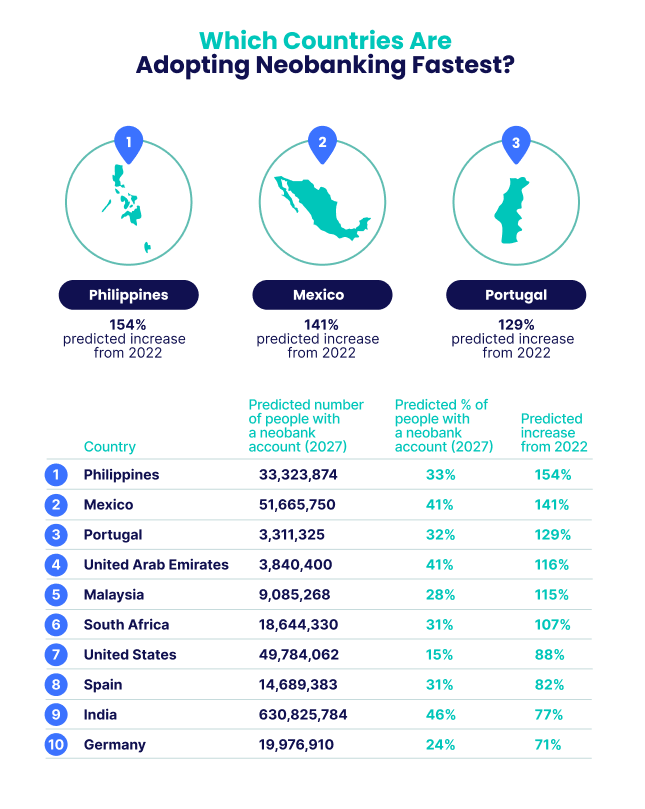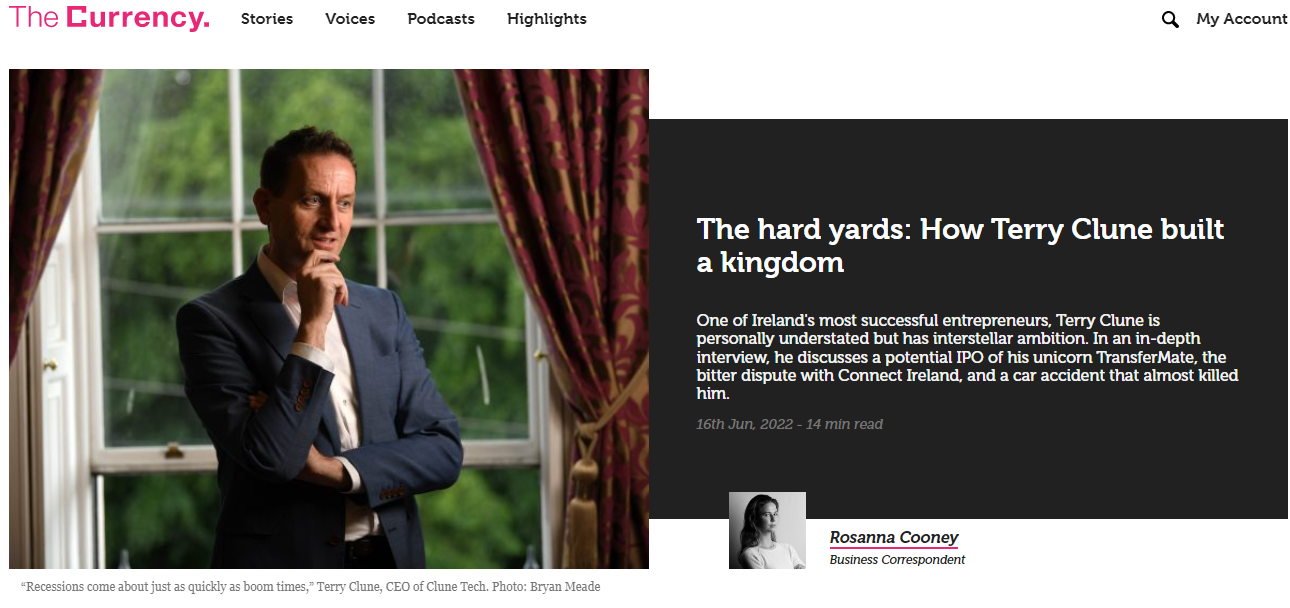I am very pleased that today we are delivering on our promise to start regulating the crypto-assets sector. Recent events have confirmed the urgent need for imposing rules which will better protect Europeans who have invested in these assets, and prevent the misuse of crypto industry for the purposes of money laundering and financing of terrorism. |
It also introduces a harmonized regulatory framework in the European Union which, given the global nature of crypto markets, is an improvement compared to the current situation with national legislation in some member states only.
Background
This package bridges a gap in existing EU legislation by ensuring that the current legal framework does not pose obstacles to the use of new digital financial instruments and, at the same time, ensures that such new technologies and products fall within the scope of financial regulation and operational risk management arrangements of firms active in the EU. Thus, the package aims to support innovation and the uptake of new financial technologies while providing for an appropriate level of consumer and investor protection.
The Council adopted its negotiating mandate on MiCA on 24 November 2021. Trilogues between the co-legislators started on 31 March 2022 and ended in a provisional agreement reached on 30 June 2022. Today’s formal adoption of the regulation is the final step in the legislative process.
